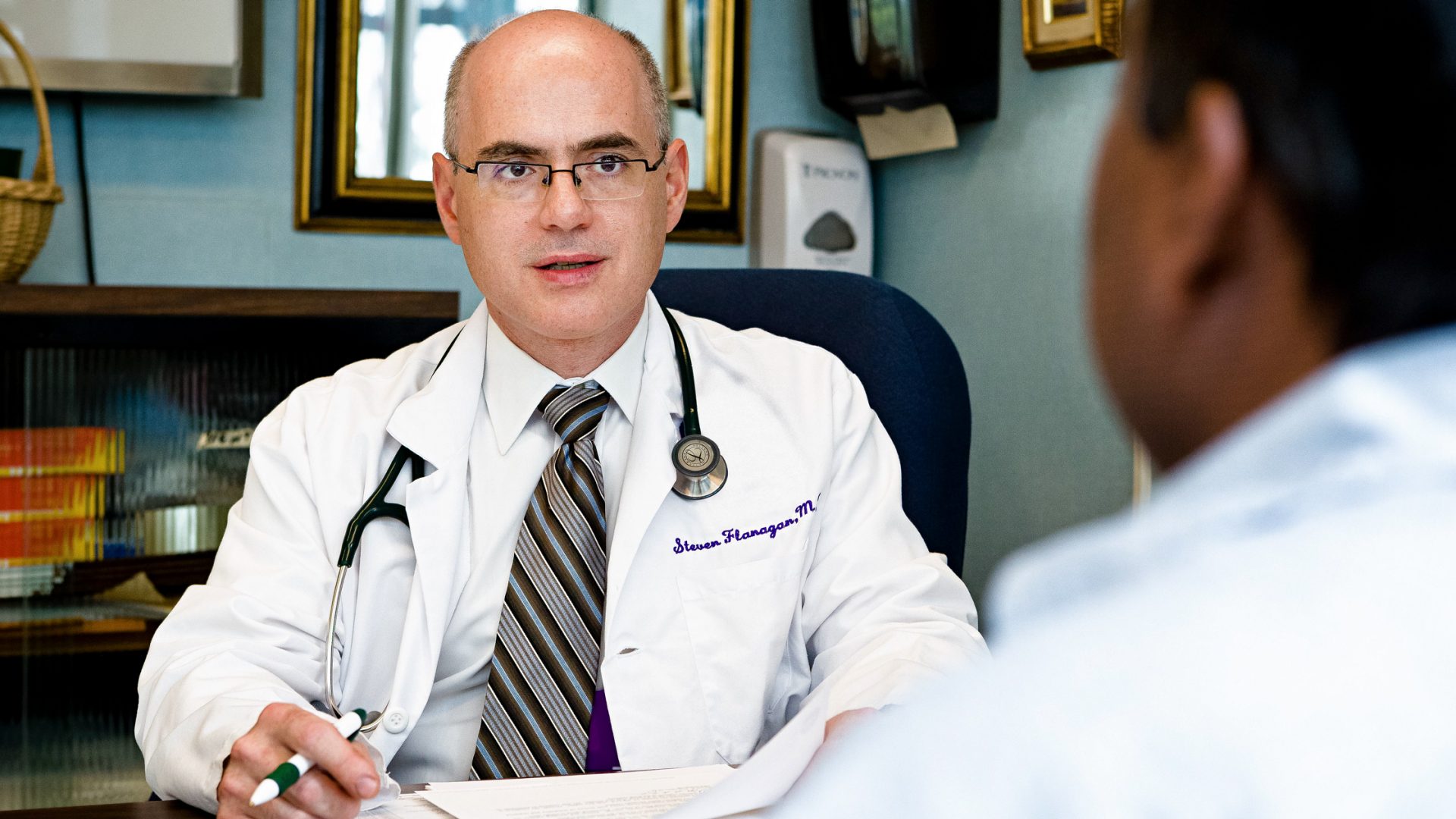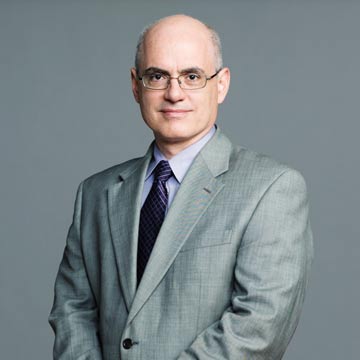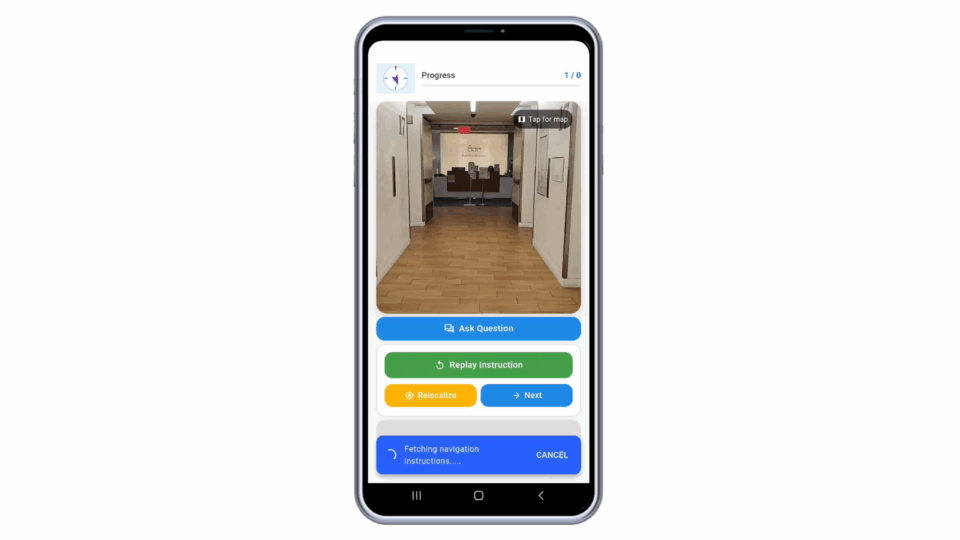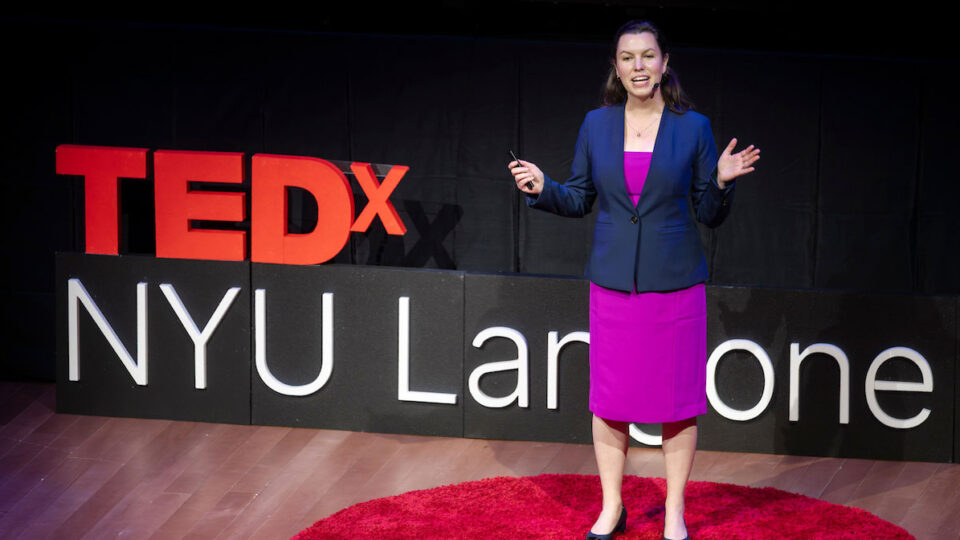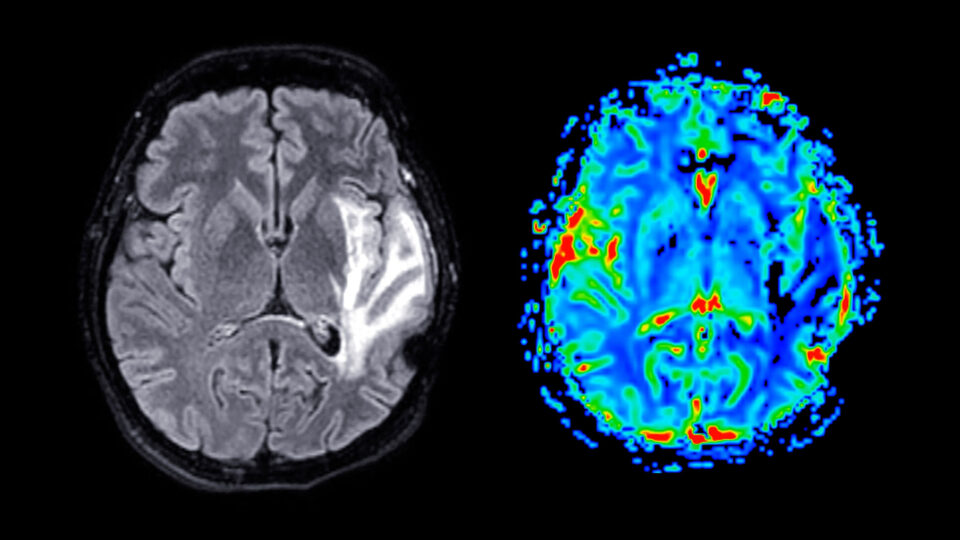Physical medicine and rehabilitation was first recognized as a specialty by the American Board of Medical Specialties in 1947, established through the pioneering work of internal medicine physician Howard A. Rusk, MD. Dr. Rusk also founded NYU Langone Health’s Rusk Rehabilitation, built with the vision of providing patients with high-quality care and the recovery resources needed to lead full and rewarding lives.
Today, Steven R. Flanagan, MD, continues to advance Dr. Rusk’s vision as chair of rehabilitation medicine and the Howard A. Rusk Professor of Rehabilitation Medicine. Dr. Flanagan also serves as the incoming president of the American Academy of Physical Medicine and Rehabilitation (AAPM&R). Here, he discusses the further evolution of the specialty.
The Essential Role of Physiatry
Physician Focus: Dr. Flanagan, what sparked your initial interest in rehabilitation medicine?
Dr. Flanagan: Growing up, I was interested in the nervous system and psychology, specifically the biology of human behavior. As a medical student, I was deliberating between neurology and psychiatry, but instead chose physiatry, after first encountering it in my third year. In rehabilitation medicine, you’re able to develop longer-term relationships with patients, which is vastly different than many other specialties.
In physiatry, we don’t focus on one organ system or age group. We focus on disability, which can arise from injury to any organ system. Our role is essential to promote overall health and function for patients—our goal is for them to live as independently as possible.
National Leadership: Increasing Visibility and Specialization
Physician Focus: You’re the incoming president of the AAPM&R. Can you describe your vision for the role?
Dr. Flanagan: The benefit of being in this type of leadership position is that you’re afforded the opportunity to advocate for the speciality at a national level. In my view, physiatry is the best-kept secret in medicine, and we don’t want it to be a secret anymore. During my term, I hope to increase awareness of the value physiatrists bring to the table.
“Physiatry is the best kept secret in medicine, and we don’t want it to be a secret anymore.”
Steven R. Flanagan, MD
For example, if our goal is to achieve better patient outcomes and experiences, and to become more efficient, which translates to “more cost-effective” for institutions, we need both patients and other specialties to realize the value of physical medicine and rehabilitation.
Physician Focus: What are the most exciting opportunities ahead for the growth of the specialty?
Dr. Flanagan: Physiatry is a relatively new specialty. Over the course of time, it has become more diversified, encompassing the entire spectrum of disability. One recent development, for example, is the conception of oncological rehabilitation, defined as the treatment of disabilities related to cancer or cancer treatment. Other subspecialties that have emerged since the specialty was first recognized are musculoskeletal and pain rehabilitation. In the coming years, I expect physiatry will continue to grow, and I’m glad to be part of it.
Rusk Rehabilitation’s Legacy of Innovation
Physician Focus: NYU Langone’s Rusk Rehabilitation is one of the most renowned rehabilitation locations in the country, with a storied history. What makes it unique?
Dr. Flanagan: Rusk Rehabilitation was the first fully integrated, university-based rehabilitation program in the world, and next year marks our 75th anniversary. At Rusk Rehabilitation, our physiatrists focus on a specific area of rehabilitation medicine; some examples include cardiopulmonary, central nervous system, limb loss, pediatric, pain, musculoskeletal, sports medicine, spine, and pelvic floor dysfunction.
We have some very specific niches as well, including one of the best vestibular rehabilitation programs in the country. Our limb loss program is also exceptionally strong. But most importantly, we provide complex rehabilitation for complex patients. Recently, we were involved in the care of a patient who received the world’s first face and double hand transplant—no other institutions are doing cases like these.
Rusk Rehabilitation is also a magnet for education and research. We train medical students, residents, therapy students, and psychologists, and our research draws top talent from around the world.


